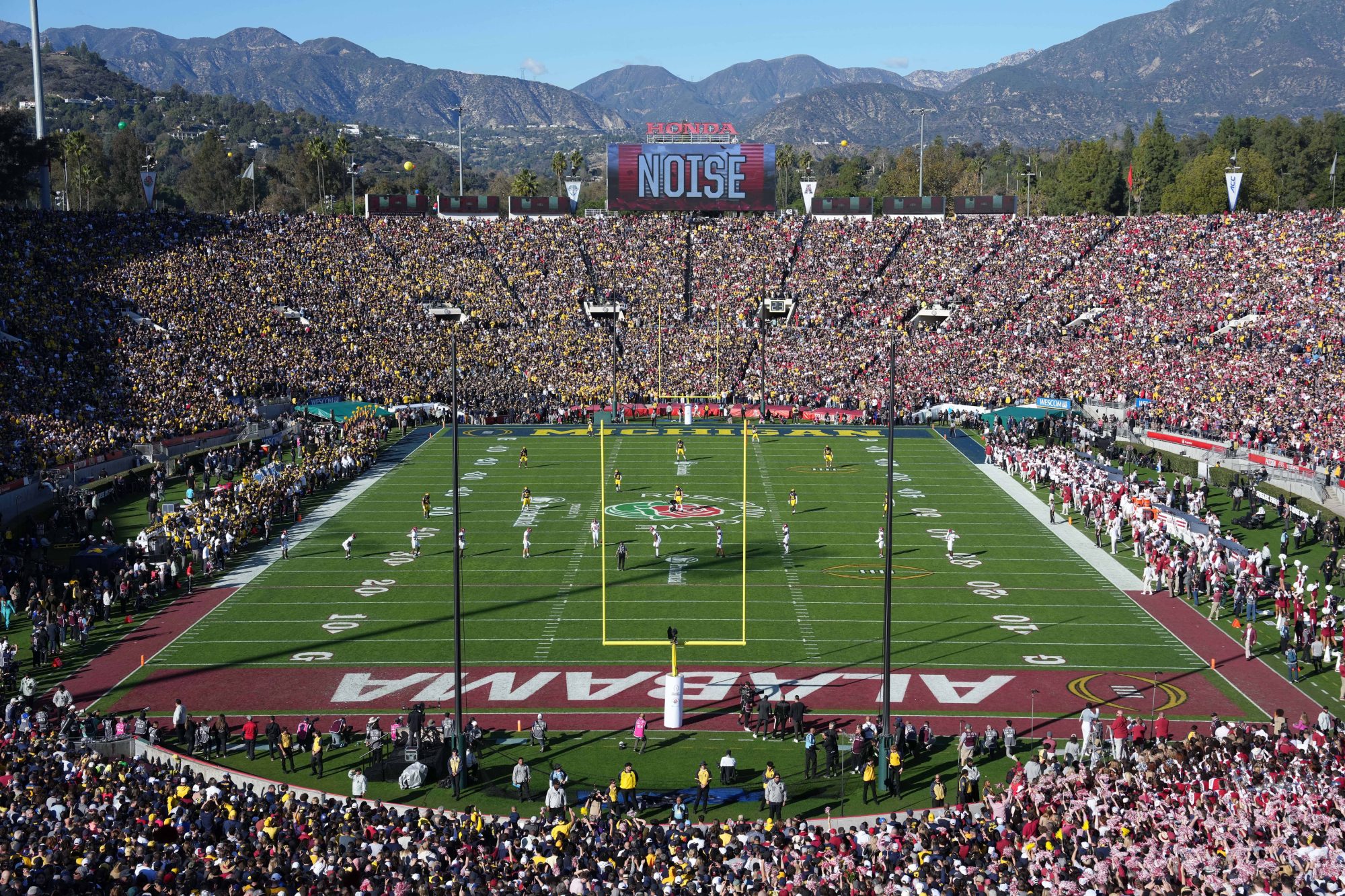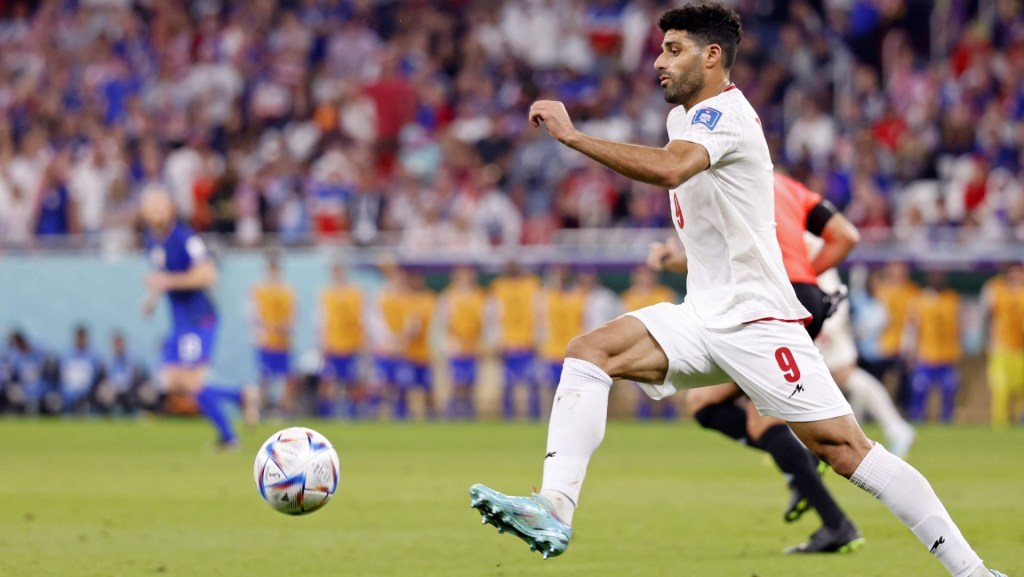For a decade, fans have awaited the return of EA’s college sports video games after a lawsuit halted them in 2014 when former UCLA basketball player Ed O’Bannon sued to be compensated for the use of his name, image, and likeness.
The return of EA Sports College Football, slated for this summer, took a major step forward Thursday when the video game operator opened its opt-in program for players. Anyone featured in the game will receive $600 and a copy of the game, with the opportunity to earn more with additional promotions, Front Office Sports confirmed.
That news is a win for college sports, as the franchise’s return is likely the most-anticipated product of the name, image, and likeness era. But the NIL deals offered to players aren’t quite up to industry standard. Beyond the one-time payment, players will not receive royalties tied to game sales, even though the practice is common across the sports video game landscape. For participants, that’s where most of the money is.
Mixed Reactions
In response to the deal, an athlete advocacy group called the College Football Players Association released a statement on X (formerly Twitter) criticizing the terms as subpar. “The athletes of the second most popular sport in America are being treated like children,” the group said.
Across the industry, feelings vary about the deal. For athletes who may not have name recognition, a $600 check and opportunity to be part of a historic game is more than enough—but that arrangement undervalues more popular players.
The negotiation process for the deal itself was also different from the professional realm. Normally these types of group licensing deals are bargained by players’ unions. There’s no formal players’ union for college football players or any college athletes; however, a company called OneTeam Partners stepped in to fill that vacuum. (A lawsuit by another company, The Brandr Group, called into question which company had jurisdiction to negotiate on behalf of players. It has since been dropped.)







![[Subscription Customers Only] Jun 15, 2025; Seattle, Washington, USA; Botafogo owner John Textor inside the stadium before the match during a group stage match of the 2025 FIFA Club World Cup at Lumen Field.](https://frontofficesports.com/wp-content/uploads/2026/02/USATSI_26465842_168416386_lowres-scaled.jpg?quality=100&w=1024)
![[Subscription Customers Only] Jul 13, 2025; East Rutherford, New Jersey, USA; Chelsea FC midfielder Cole Palmer (10) celebrates winning the final of the 2025 FIFA Club World Cup at MetLife Stadium](https://frontofficesports.com/wp-content/uploads/2026/02/USATSI_26636703-scaled-e1770932227605.jpg?quality=100&w=1024)








